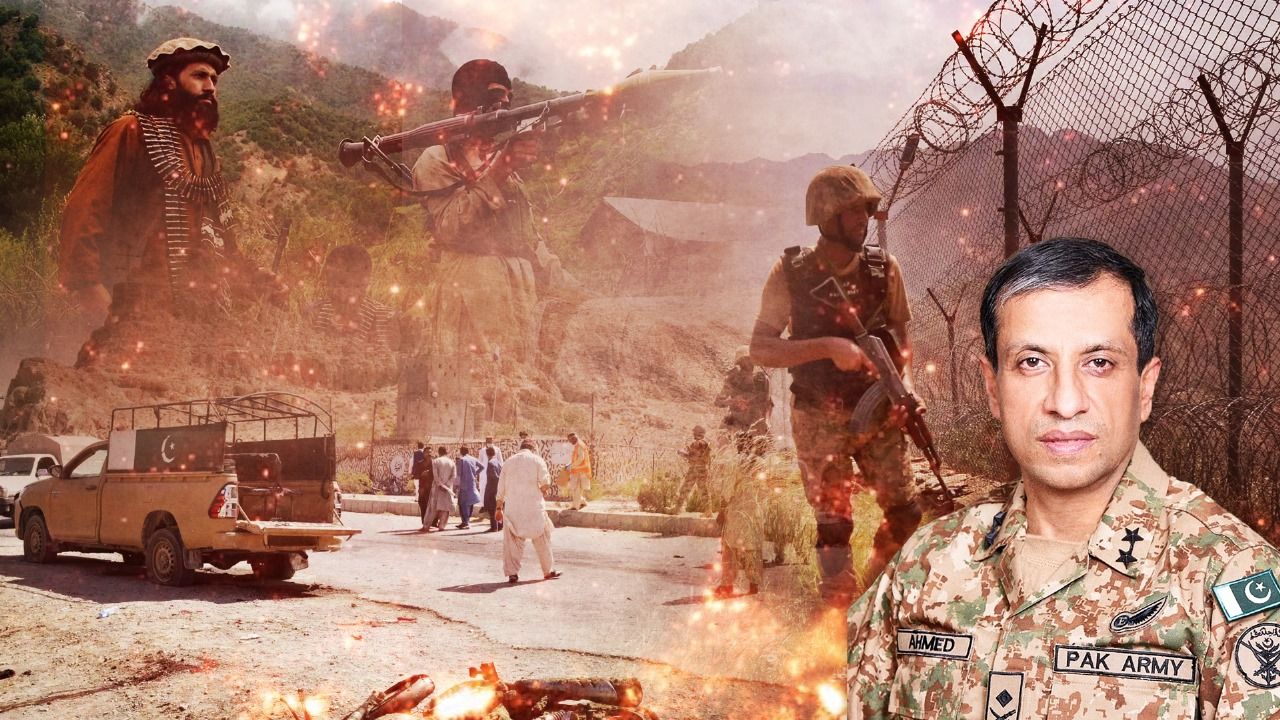Updated April 18th, 2024 at 13:35 IST
Pakistan’s Twitter Ban Sparks Debate on Psychological Warfare and Freedom of Expression
Major (Retd) Samar Toor, an expert in national security affairs, analyzes the ban's significance, linking it to heightened tensions in the crippled nation.
Advertisement
New Delhi: In a significant revelation, Pakistan's interior ministry has confirmed the temporary blockage of Twitter, citing national security concerns. This move highlights the government's proactive stance on regulating social media platforms. The decision to impose the ban was disclosed in a written court submission, shedding light on the long-suspected shutdown.
Internet censorship in Pakistan has been contentious, with notable instances of website restrictions in the past. Despite calls for social media organizations to establish local offices, such initiatives are yet to materialize, exacerbating regulatory challenges. In an exclusive interview with Republic News Network, Major (Retd) Samar Toor analyzed Pakistan's decision to ban the social media platform.
Advertisement
Insights from Major Samar Toor
Major (Retd) Samar Toor, an expert in national security affairs, shed light on the significance of this development. He emphasized that the ban comes at a crucial time, coinciding with heightened tensions following the imprisonment of former Prime Minister Imran Khan. Moreover, the proliferation of blasphemy-related content on Twitter has exacerbated religious sensitivities, prompting Pakistan's action.
Advertisement
Toor highlighted Twitter's role as a platform for coordinating protests and disseminating information, particularly amid political turmoil. The platform's stance on freedom of speech, despite its clash with Muslim sentiments, has led to growing discontent within Pakistan. Consequently, Pakistan's government sought compliance from Twitter, which was not adhered to, leading to the ban.
Role of DG ISPR in Shaping Public Discourse

Discussing the role of Pakistan's military spokesperson, Toor emphasized the efforts to control narratives and bridge the gap between the public and the authorities. With Twitter banned, the government aims to suppress dissent and regain control over information dissemination. However, this move raises concerns about curbing freedom of speech and expression, echoing authoritarian regimes like North Korea.
“That gap between the (military) establishment and the Pakistan public has increased,” Major Toor stated during the interview. “So as a result, it will not be surprising that General Asim Munir and others in power at the moment are now calling the shots and requesting all those platforms which are creating a divide between the establishment and the Pakistan public to be either controlled through the backdoor channels, through the establishment oblique, they will have to face ban, which we have seen,” he highlighted.
Advertisement
Regional Implications and Ethnic Dynamics
Major Toor underscored the impact of the Twitter ban on regional dynamics, especially in conflict-prone areas like Balochistan and northern Waziristan. The ban complicates communication channels for both state agencies and militant factions, affecting freedom fighters' ability to disseminate information.
Advertisement
Regarding the ban's impact on marginalized regions, Toor expressed concerns about hindering communication channels for both Pakistan's agencies and militant factions. With Twitter being a primary platform for claiming responsibility for attacks, its absence could complicate the situation in conflict-prone areas like Balochistan and Khyber Pakhtunkhwa. Moreover, he highlighted the plight of minority communities in Pakistan, particularly Hindus and Sikhs, facing persecution and forced conversions.
“So, you see, there is a systematic ethnic cleansing going on regarding the Hindus in Pakistan or the Sikhs in Pakistan. They are being ethnically cleansed; they are being converted forcibly or they are being killed and the matters are not being reported. And freedom of the press is absent,” Major Toor said. He also highlighted how most of such cases are ignored by Pakistani Media. “The majority of these cases don't even come up in the media. So, this is the state of affairs which is happening right now. And I think the international community needs to take notice at the earliest regarding this,” Major Toor said.
Advertisement
Published April 18th, 2024 at 13:34 IST